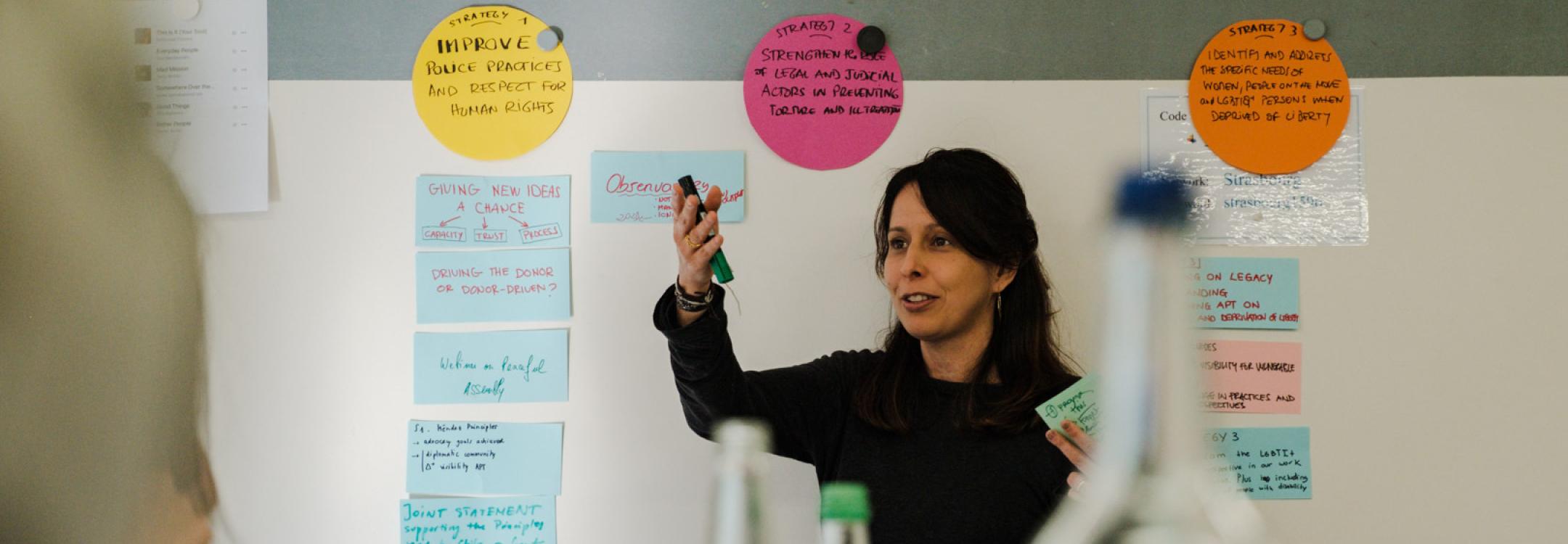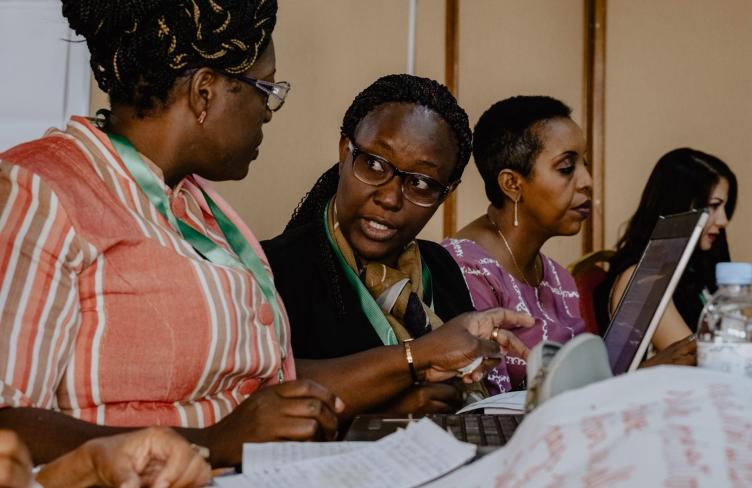The APT is able to operate globally thanks to the generous financial support of its donors.


Our annual reports showcase our work and impact to prevent torture and ill-treatment across the globe.

The APT is able to operate globally thanks to the generous financial support of its donors.

Join our mailing list to receive monthly news and updates about torture prevention.